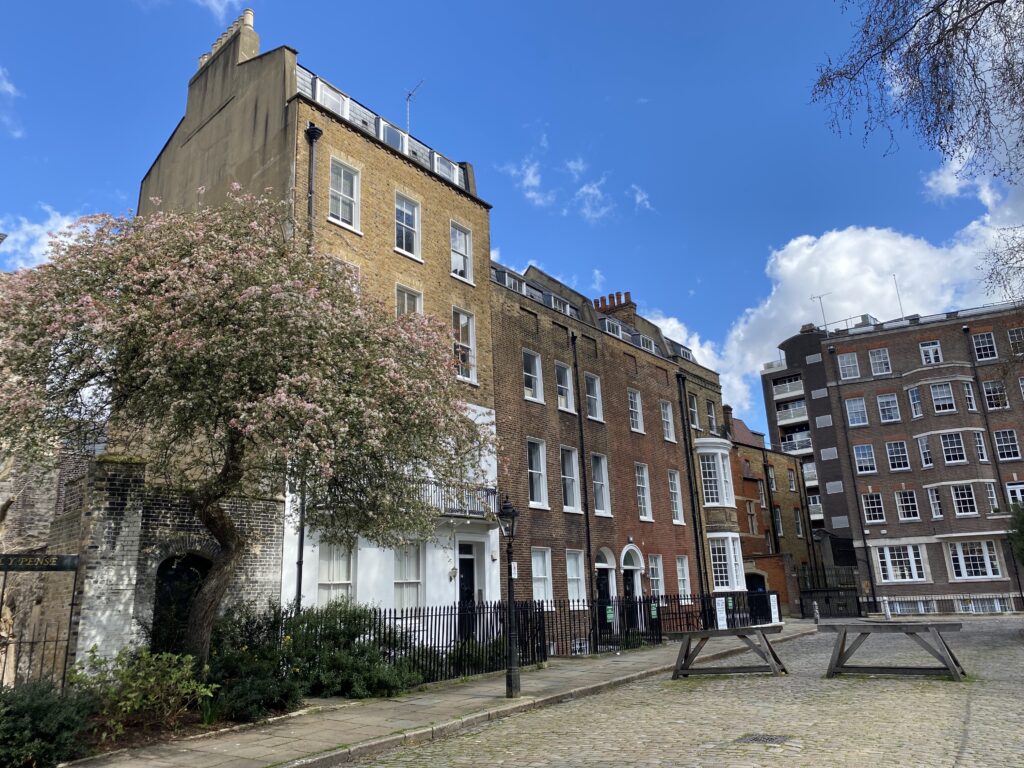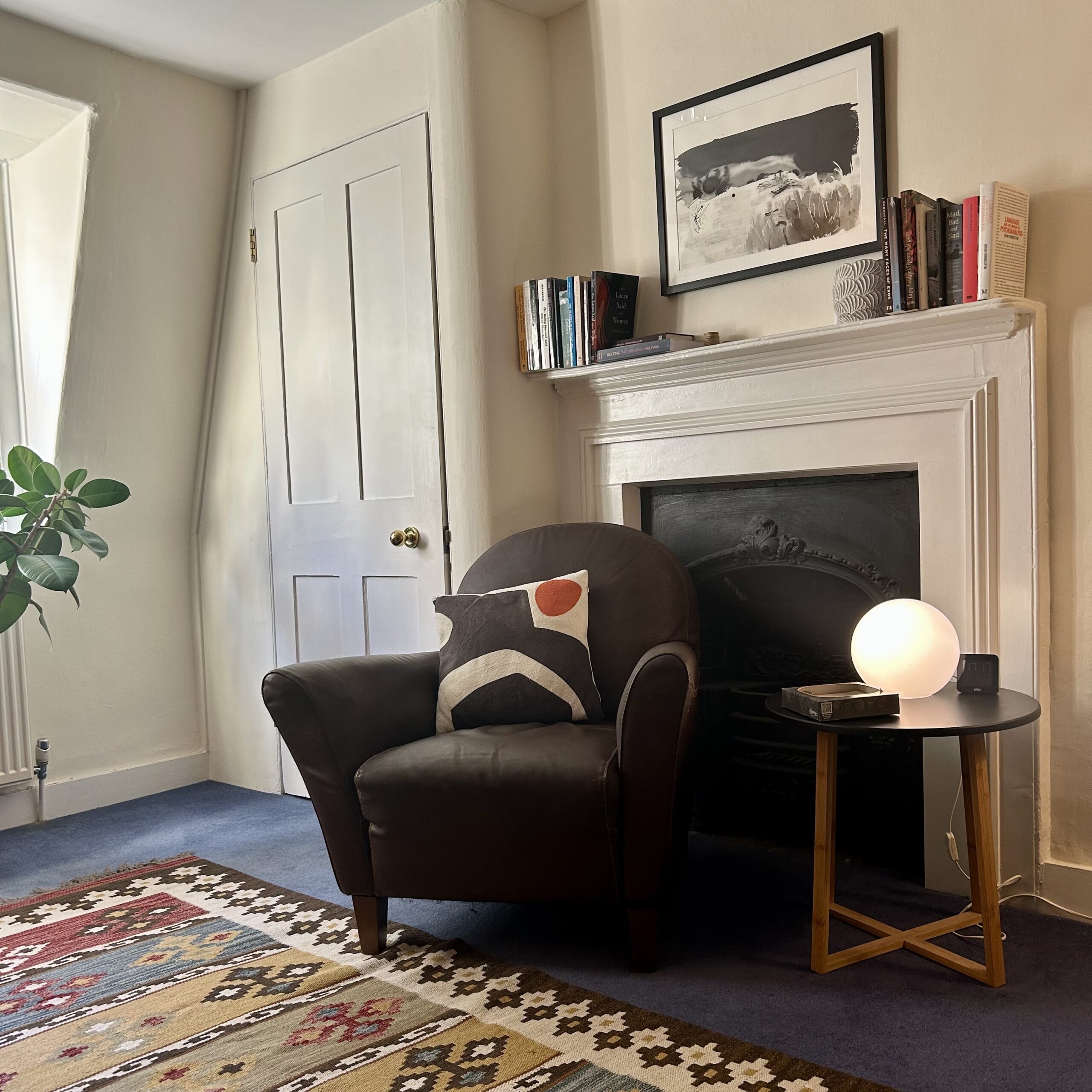A psychoanalysis begins when things aren’t working. It might follow a loss, the end of a relationship, or a period of anxiety. Or it may arise from a more diffuse feeling – of being out of place in the world, or that life hasn’t turned out as we’d hoped. Such difficulties can manifest as depression, anxiety, compulsions, or recurring patterns in work and love. Whatever brings someone to analysis, the first step is not to fix or erase these symptoms but to take time to listen to them.
The psychoanalyst’s office offers a confidential and non-judgemental space where thoughts, feelings and memories can be put into words – perhaps for the first time. The invitation is to speak freely, to say whatever comes to mind without too much editing or self-censorship. The analyst is not there to pass judgement or to impose an ideal of what a ‘normal’ life should look like, but to listen attentively to what the analysand’s words reveal. Psychoanalysis differs from speaking with a friend or family member: its focus is not on reassurance or advice, but on discovery.
Psychoanalysis invites us to take our suffering seriously – to turn it into a question rather than a problem to be solved. Through speaking, the analysand can begin to question their desire, asking ‘what do I want?’ precisely at the point where the expectations of others weigh most heavily. In bringing into speech the details of daily life, past experiences and memories – as well as dreams, slips, repetitions and fantasies – something of the unconscious is revealed. These glimpses allow unrecognised aspects of one’s life and desire to come into play.
While some forms of therapy set a fixed number of sessions, psychoanalysis is an open-ended process with no predetermined end. Meeting regularly, once or twice a week, it becomes possible to find a new way of speaking and of being heard. The aim is not self-improvement or adjustment to social norms, but the discovery of one’s own position in life, and the possibility of shaping a life that corresponds more closely to one’s desire.
Over time, a new relation to one’s life story, one’s desire and one’s suffering can emerge. Each analysis is unique: it is not about ready-made advice, but about discovering for oneself a way of living that feels more one’s own. Psychoanalysis opens a space in which life can be approached differently – where desire that was stuck or lost can begin to move again.


